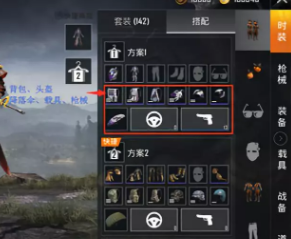create cryptocurrency Top snippets
If you buy everything, even if you don't buy a lot of shares, it will cost a lot of money together. The downside is that when the market plummeted, the funds you could have gradually increased your positions are now taken up and gone.If it seems that there are not so many things you like, only one or two, then just hold these two and never settle for it. Especially when you are particularly optimistic and particularly sure, you can hold these two in a heavy position.At the beginning, the granularity research is coarse, it doesn't matter, and it is slowly eliminated. For example, you can screen by industry, then remove some according to business model, and then remove some according to assets and liabilities, etc. In each round of screening, only the best ones are retained and the poor ones are removed.
Your idea may be, anyway, if the east is not bright and the west is bright, it won't be a loss. If you think about it the other way around, you may feel terrible. It's not dark in the east and dark in the west, and it will always be dark, especially when the market falls.The logic of profiteering is less but better.
Think about it, at that time, you can get rid of the same workplace as cattle and horses, and get rid of the infinite complexity of life. You don't have to bow to anyone, you don't have to smile, and you can travel around the world and do anything you want with a mobile phone.Even if there is still some money, which one do you add in the face of so many positions? If you are really given a chance to increase your position by a big drop, you can't achieve the purpose of spreading the cost at all with what little money you have left. Don't say it doesn't make sense to reduce the cost of the whole account, even for the stock you added, it doesn't help much.If you are wrong, because your position is small and the loss of a single stock is relatively small, it is easy for you to cut your meat, because you don't feel bad, but if many stocks cut their meat like this, it will be a lot of money, and it will be a big loss.
Strategy guide 12-13
Strategy guide

Strategy guide
Strategy guide
Strategy guide
Strategy guide 12-13




































